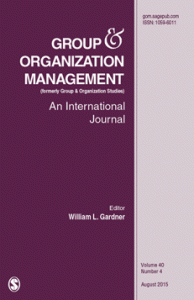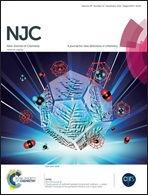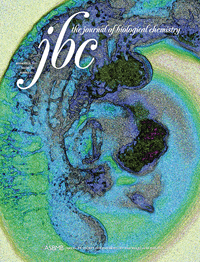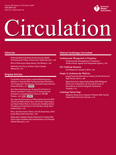A paper on the genetics underlying a common neurological disorder has issued a correction that influences the results of the paper.
“Genetic Diagnosis of Charcot-Marie-Tooth Disease in a Population by Next-Generation Sequencing” was published in BioMed Research International, and looked at 81 families with the disease. The researchers identified mutations that might be connected to the disease. The problem, says the correction note, is that the authors classified a couple variants in one patient’s genes as “likely pathogenic,” when their true nature was less clear.
The correction explains the new numbers:
Continue reading Correction changes results about genetics of neurological disorder






 A major correction has been posted for an update to international guidelines on reporting outcomes of people receiving cardiopulmonary resuscitation (CPR).
A major correction has been posted for an update to international guidelines on reporting outcomes of people receiving cardiopulmonary resuscitation (CPR).
